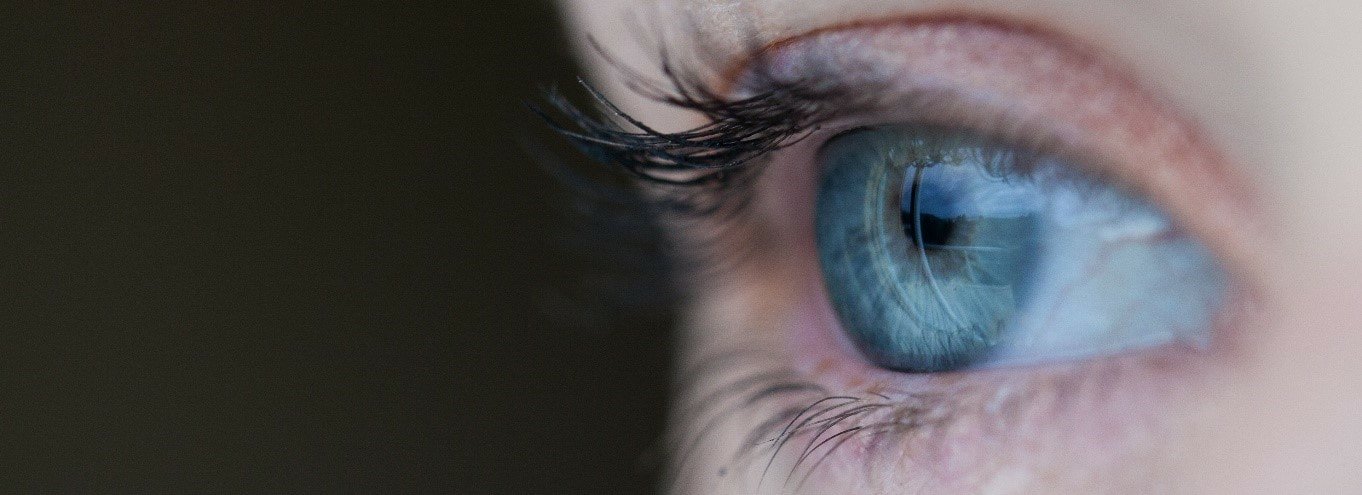|
When you have diabetes, you need to be mindful of all aspects of your health, including your eye health. As someone with diabetes, your risk of developing specific eye diseases - such as glaucoma, cataracts, diabetic retinopathy, and diabetic macular edema - is increased. You can lower your risk of contracting one of the many eye complications associated with diabetes by taking proper care of your body. Get an Eye Exam Every YearWhen you have diabetes, you need to make sure that you closely monitor your eye health. Many of the eye conditions listed above often do not have noticeable symptoms that you can detect on your own in the early stages. That is why it is so important to have your eye health monitored by an eye doctor when you have diabetes. With diabetes, you need to get an eye checkup at least once a year. When you go to the eye doctor, you need to make sure that they know that you have diabetes. The doctor will dilate your eyes to examine the optic nerve and retina for damage. An eye doctor can detect damage and changes in your eyes before you notice a change to your vision and can start intervention and treatment to protect your eyesight. Keep Your Blood Sugar Under Control You need to monitor your blood sugar on a daily basis. If you don't monitor your blood sugar over time, you may not realize that you are at risk for hyperglycemia. Hyperglycemia is the buildup of sugar in your body, which can lead to serious complications for your body, including your eyes. Hyperglycemia can damage the blood vessels in your eyes and can lead to blurred vision as well. You can manage your blood sugar by logging the food that you eat. There are lots of phone apps that make this task easier. You should be monitoring your blood sugar with a blood sugar monitoring and injecting insulin if necessary. You need to work with your doctor to make sure that your blood sugar is under control at all times. Ditch the Tobacco Next, you need to ditch the tobacco if you smoke or vape. It is well-known that consuming tobacco can contribute to both lung cancer and heart disease. However, many people don't realize that smoking can have a negative impact on your eye health as well. Smoking can increase your chance of contracting a wide variety of diseases, which are often the same ones that you have an increased risk of contracting due to diabetes, such as cataracts, glaucoma, and diabetic retinopathy. Smoking while having diabetes increases your risk of contracting a damaging eye disease. That is why it is important to start a smoking cessation program if you also have diabetes. You can work a program on your own, or you can work with a medical professional to help you stop smoking. A doctor can help you manage your withdrawal symptoms and help you establish healthy habits that will save your eyes and your overall health. Monitor Your Cholesterol & Blood Pressure Finally, you need to also monitor your cholesterol as well as your blood pressure. On their own, high cholesterol as well as high blood pressure can cause eye health issues. Combined with diabetes, high cholesterol and blood pressure can aggregate and worsen eye health issues.
You should aim to keep your LDL cholesterol readings lower than 100 mg/dL. It is a good idea to keep it under 70 mg/dL when you have other health conditions at play as well. High blood pressure is damaging to your eyes due to all the blood vessels that flow to the retina. You want your blood pressure to fall within the ideal range, which is from 120/80 to 90/60. You can manage both your blood pressure and cholesterol via exercise and healthy eating, which are habits you should already be engaging in to control your diabetes. To protect your eye health when you have diabetes, you need to make sure that you keep your blood sugar, cholesterol, and blood pressure readings low and that you ditch the tobacco. Please contact us at Family Eye Care to set up your annual eye exam. We will work with you and your doctors to ensure your eye health is monitored and protected against diabetic eye conditions.
5 Comments
Winter is a time of year when many people experience dry eye. This happens because the air holds less humidity during the winter, and because air from furnaces can make the air even drier. Dry eye causes people's eyes to become itchy and red, and even leaves the eyes vulnerable to infection. Avoid and treat dry eyes with a variety of tips. Here's what you need to know about protecting yourself from dry eye this winter. Wear Glasses, Not ContactsContacts can dry out your eyes, so wearing contacts in winter when your eyes are already red and itchy can cause problems. If you normally wear contacts, switch to glasses for the winter. You can go back to contacts in the spring and summer when humidity returns. Run the HumidifierRun a humidifier in parts of your home where you spend the most time, or in parts of the home that are the driest. The bedroom and living room are good candidates for the humidifier. If you spend a lot of time in your home in the winter and you also have money for a major home improvement, talk to a contractor about having a whole house humidifying system installed. This will make your entire home more comfortable in the future. Stay HydratedDrink lots of water throughout the winter. This makes it easier for your body to produce tears. Drink at least 8 eight-ounce glasses of water daily. If you're an athlete and you're spending a lot of time working out, you may need to drink more. Consume sports drinks to replace electrolytes that are lost throughout the day. Keep Distance From Heat SourcesHeat sources can be very drying, especially for your eyes. Avoid sitting next to heat sources that blow in your face. If you must sit next to a heat source, blink your eyes more than normal to keep hydrating the surface of your eyes. When in the car, blow the heat down toward your body and away from your eyes. You can also turn on the heat vents near your feet and turn off the heat vents near your face. Avoid Rubbing Your EyesRubbing your eyes exacerbates your problem, especially if your hands are dirty. In fact, rubbing your eyes with dirty hands could even lead to an infection. If your eyes are very itchy and you feel like you must rub them, protect your eyes by using a tissue instead of your hands. Use Artificial TearsArtificial tears help keep your eyes moist. Use artificial tears throughout the day every time your eyes start to feel itchy and dry. Artificial tears can be purchased from a store without a prescription. See Your Eye DoctorIf the artificial tears aren't enough to keep you comfortable, see your eye doctor about your problem. Your eye doctor may be able to prescribe a more powerful remedy that helps you maintain moist, healthy eyes. Prescription eye drops moisten the eyes while also treating the underlying physical issues creating your dry eyes. Your eye doctor can also check for any other conditions that could be causing your eyes to be dry. If your doctor discovers a problem causing the problem, the eye doctor can prescribe other treatments and medications to help. Contact UsFor more information about why dry eye occurs in winter and what else you can do about it, contact a qualified and experienced eye doctor in your area. At Family Eye Care, we'll be happy to answer your questions about the various conditions you might experience in winter and throughout the year. Call us today to learn more.
|
Archives
April 2020
Categories |


 RSS Feed
RSS Feed